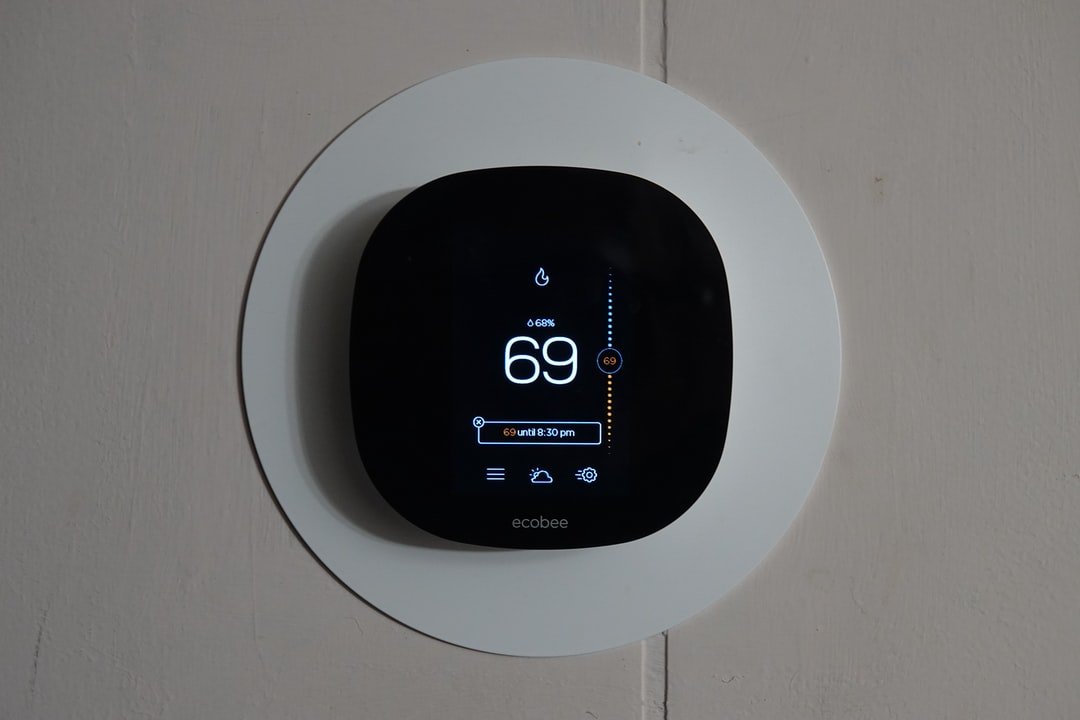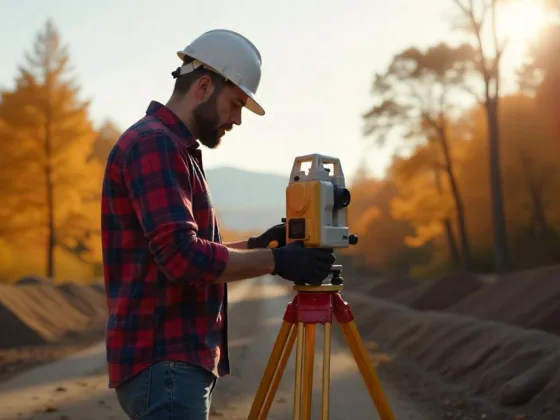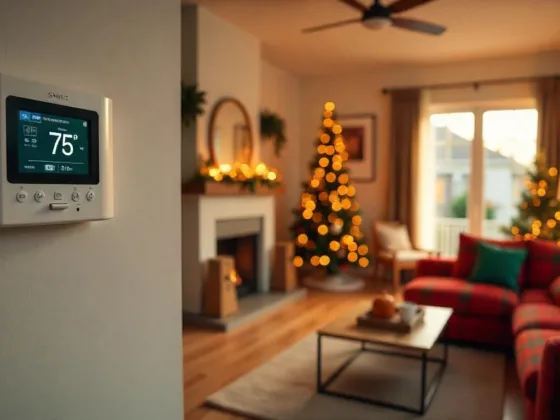Table of Contents Show
If you are looking for an environmentally friendly HVAC system, the geothermal HVAC system is a promising option that has increased in popularity over the years. This boost in popularity in geothermal systems is because of the benefits they offer.
In this article, you will find out what a geothermal HVAC system is and geothermal HVAC pros and cons so you can make an educated decision for your home’s heating and cooling needs. So, let’s dive right into it.

What Is a Geothermal HVAC System?
A geothermal HVAC system is a system that uses the Earth’s temperature as the heat exchange. While some areas in the country will experience extreme climates, the temperature underground stays the same.
These pumps are considered high-efficiency heat pumps and rely on heat transfers between the air and ground to heat and cool homes and other buildings. There are two different geothermal systems forms: direct systems and enhanced geothermal.
If you live in a place with volcanic or tectonic activity, it has naturally heated groundwater. The system used in this case would be a direct use geothermal system. For these systems, hot water from the ground is pumped to heat condition the air in the building.
The other type of geothermal system is for commercial and industrial spaces. This geothermal system uses steam from below the Earth’s surface accessed by drilling.
Read Also:
What Are the Pros of Geothermal HVAC Systems?
One of the most incredible advantages of geothermal HVAC systems is how environmentally friendly they are. The pollution from a geothermal plant is much less than that of a fossil fuel plant which does great things for your carbon footprint.
Geothermal systems are not only reliable but renewable resources. Hot reservoirs in the Earth are naturally replenished, making it more sustainable. There is no fuel required for geothermal energy, and the energy doesn’t depend on the weather.
Unlike solar and wind energy, geothermal energy does not fluctuate. Another great advantage of this energy is that it does not need to be mined or extracted from the Earth.
Finally, one great advantage of geothermal HVAC systems is low noise. You don’t have to worry about noisy fans or compressors because the largest components are underground, so you get to enjoy quiet operation.
What Are the Cons of a Geothermal HVAC System?
Not everything can be perfect with your HVAC system, which is why there are also some downsides to the geothermal system. The first downside to this system is the starting costs. Compared to the traditional HVAC system, the upfront costs are much more expensive.
However, you have to take into consideration the performance of this system. This investment is one that will pay for itself in ten years.
Another downfall to this system is that while it can technically be installed in any home, it is much harder to install in older homes and is preferred to be installed in newer home builds.
In addition, the large-scale excavation required can cause you to run into many problems when trying to do this system in a home that is already built. Finally, the greatest downfall of this system is that if it needs any maintenance or repairs, it can be hard to get to and costly.
Tree roots, rodents, and shifting soil can all impact the system and cause the need for repairs.
Upgrade Your Heating and Cooling System With a Geothermal System
While installing a geothermal system in an older home can be challenging, it isn’t impossible. However, if you have a new home built, you should look to geothermal systems as the way to heat and cool your home.
Many benefits outweigh the cons making this the perfect system for your home, whether old or new.











